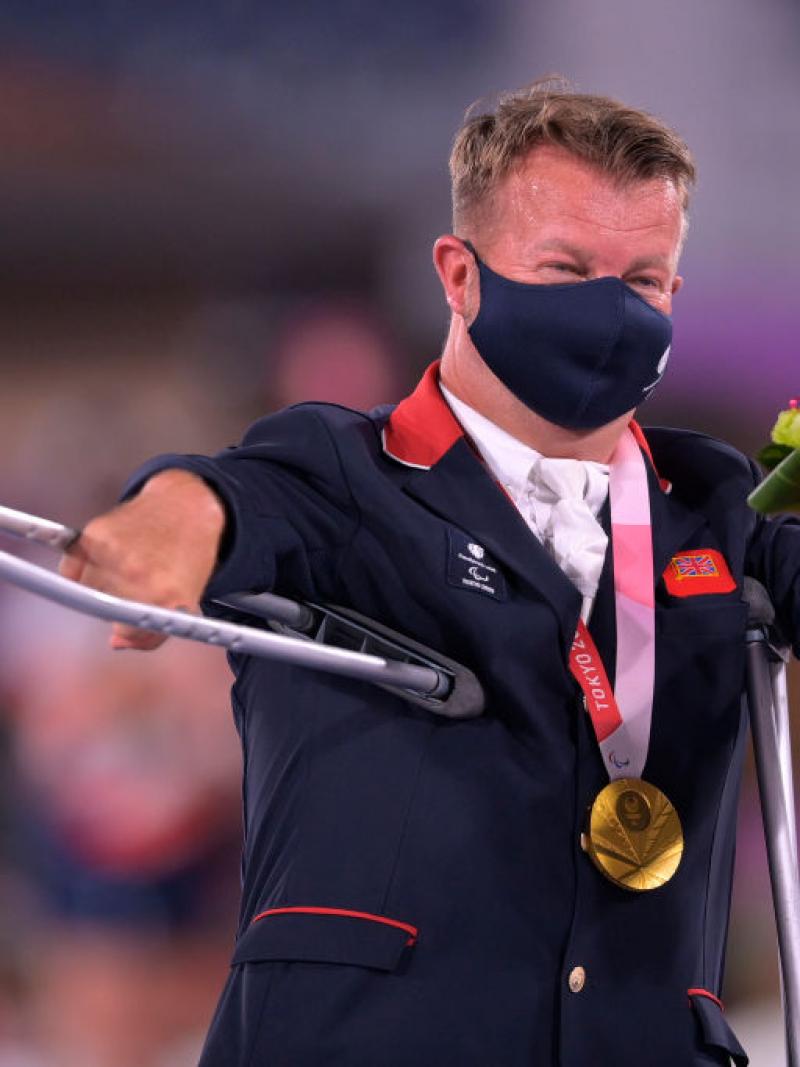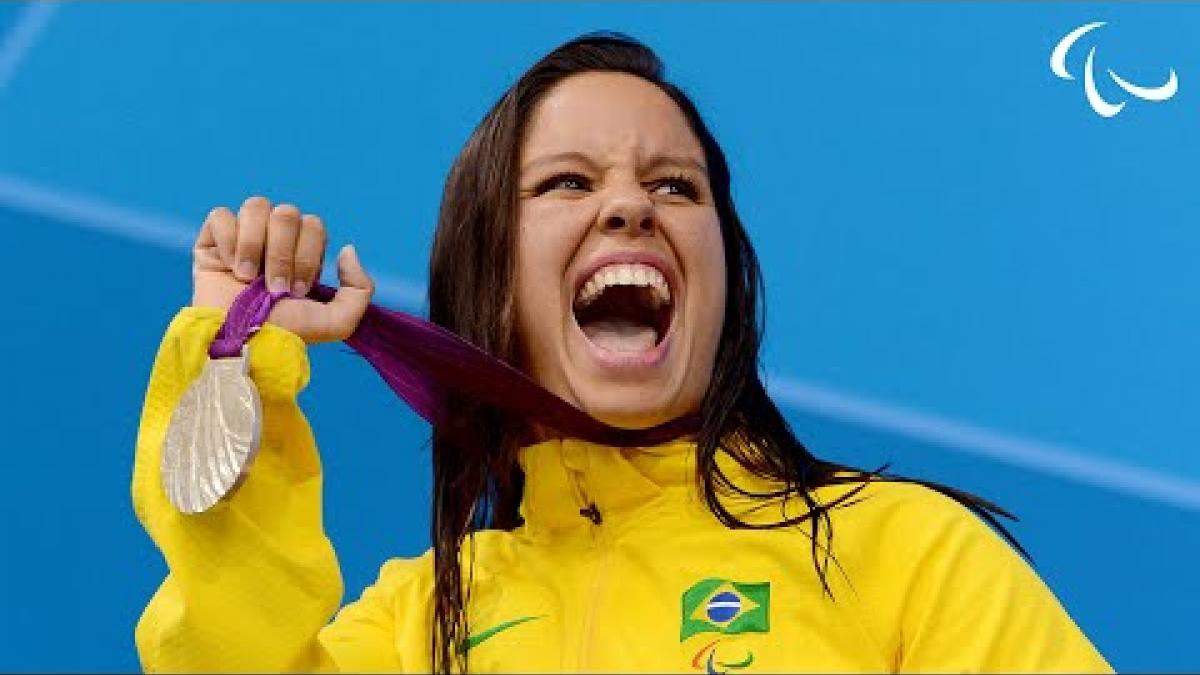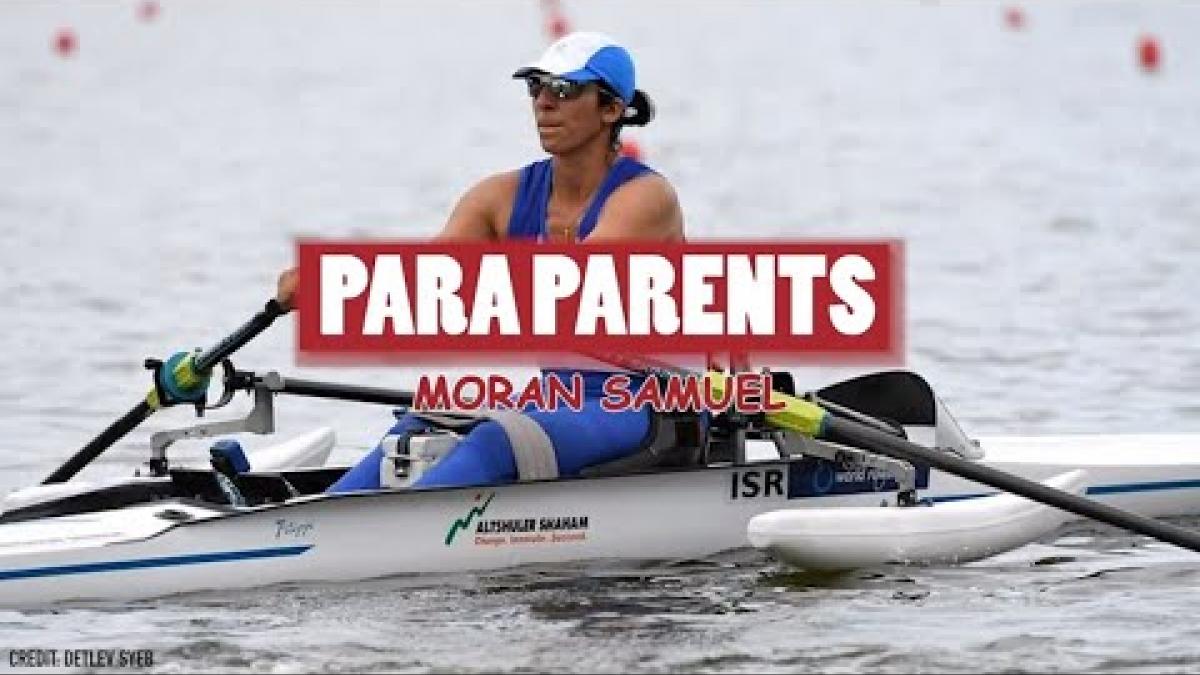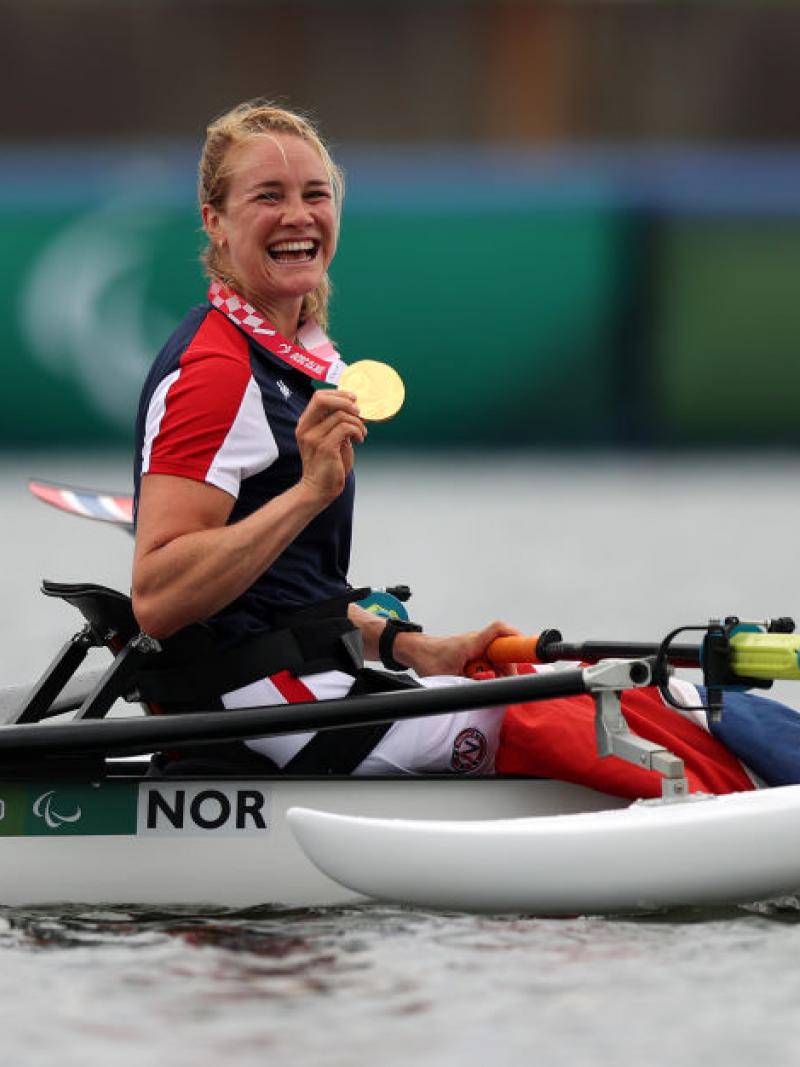Pride Month: Moran Samuel on putting LGBTQ+ on the agenda
Paralympic medallist and world champion in Para rowing Moran Samuel writes about her experience as an LGBTQ+ athlete 08 Jun 2022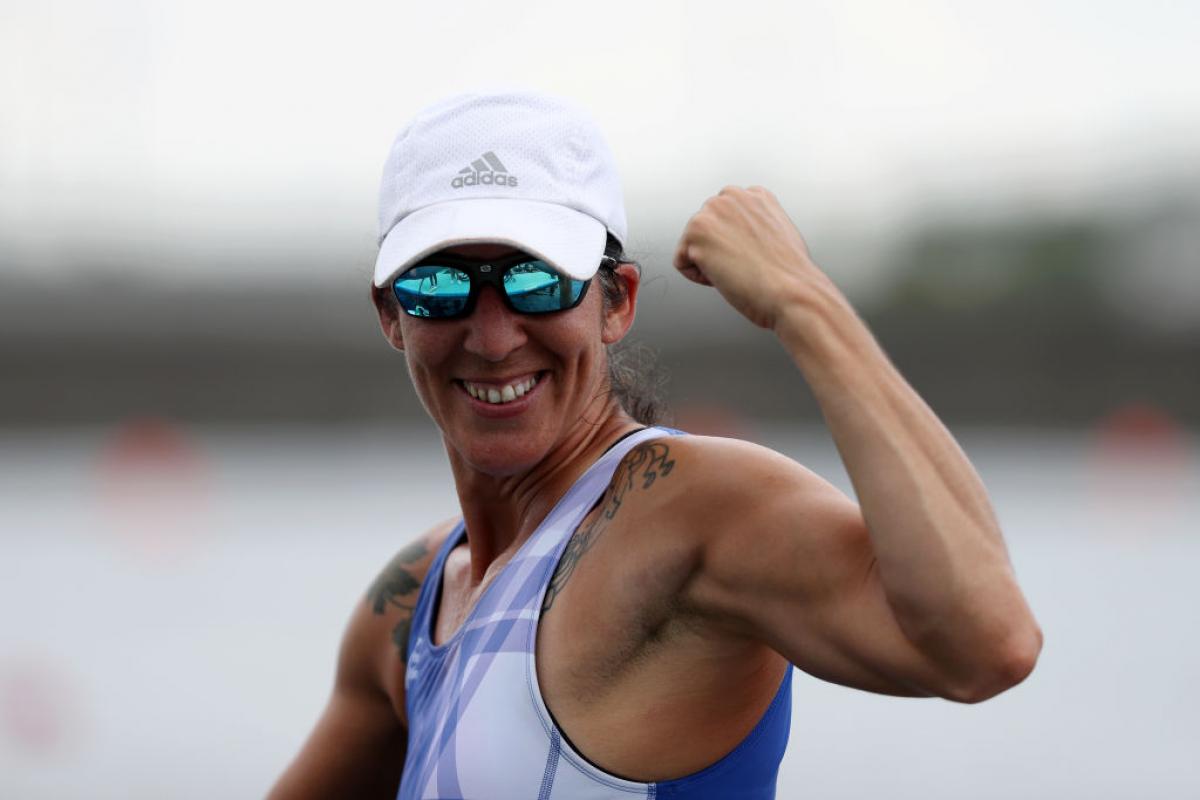
I was 16 years old when I realised why I'm spending so much time with one of my teammates and it was not just because she was my best friend, it was because I was in love with her. We played basketball on the same team, and with time became closer and closer. We were both very surprised to find out that our friendship turned into romantic love.
It was that time in high school when all the girls in my class were talking about boys, and I was nodding, couldn't speak about where my heart is leading me, even though I wanted to shout it out from rooftops.
I was already dealing with the way kids around me talked about how I dress ("TOM BOY"), and making fun of how muscular I look and even suggesting I'll stop going to the gym (obviously they were jealous). So there was no way I was going to share the fact that I'm in love with a girl.
It was the end of the 90s and I was growing up in a small town and never met people from the LGBT community. The basketball court was my saviour, the place where I knew no one is judging who I am, only how well I play. Being an athlete was the mental anchor I needed in order to go through my high school years coping with the stress around hiding the fact that I'm a lesbian.
Today the world of sport is more open to know and talk about LGBT athletes. It is not something you feel you need to hide, or keep to yourself. In my experience I feel safe to talk about myself and my family. I actually remember meeting an athlete from one of the African countries, where it's illegal and we were talking about our families and about having children, and when she realised I'm married to a woman she was shocked, because she didn't know it was possible. After a few minutes she hugged me and said she was happy she had the chance to ask questions and understand more about my life.
I do think that sometimes athletes want to be asked only about their performance in their sport, not all of them feel comfortable talking about their personal life and we should respect that. Publishing stories of LGBT athletes can normalise it, and can help athletes that do not feel confident yet, to know that the Paralympic Movement is a safe place for them to be who they are.
I think that also as a mother it's important for me that my children will feel safe and proud of our family. My wife and I got married in 2011 and she is part of my journey to get on the podium again and again. Together we are raising three beautiful children that give me the motivation to, first, be the best person I can be and then, be the best athlete I can be.
I hope that sport helps others like it helped me, especially in countries where it is still not safe for LGBT to live their lives.
I think it is very important that the Paralympic Movement put it on the agenda, and I think that the world of sport should welcome all the discussions regarding LGBT, also the ones that involve more work around them, like transgenders.
Sport is a way to connect people regardless of issues that can create conflict, like politics or religions. Sport doesn't care who you are, only how well you can perform.





